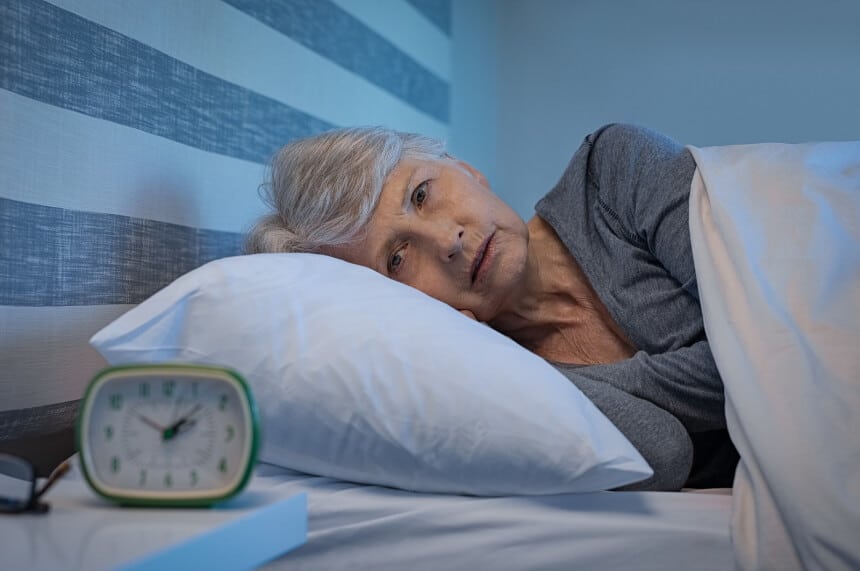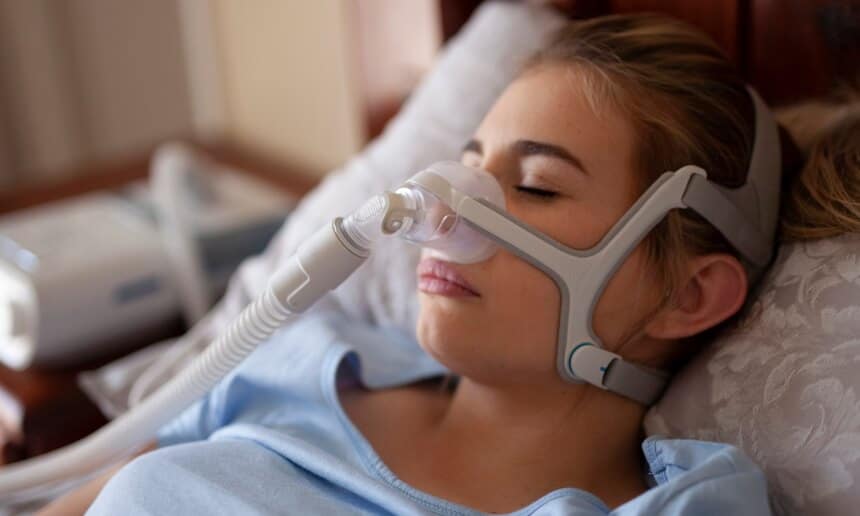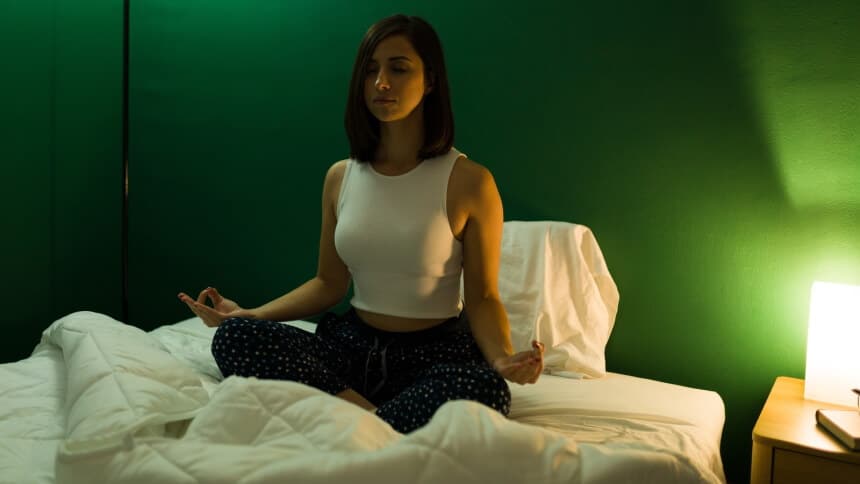

If you love sleep, then nighttime awakenings are undoubtedly your worst nightmare. Sleep experts claim that the most common question they get from their clients is why they consistently wake up in the middle of the night. If you occasionally wake up in the middle of the night but fall asleep right away, then you don’t have a huge problem, but if you wake up and start picking on yourself with distressing and punitive thoughts, then there is a gigantic problem.
Waking up at 3 am may occur for various reasons, including shorter sleep cycles Trusted Source Short Sleeper Syndrome: Causes, Symptoms, and Diagnosis Short sleeper syndrome (SSS) is a sleep condition characterized by sleeping for fewer than six hours each night. www.healthline.com , underlying health conditions, and stress, among others. If not dealt with, it has dire effects. Luckily, there are a few things you can do to save yourself, like changing your sleep habits, seeing a sleep expert, and reducing stress. This article has all the answers to why you are constantly waking up at 3 am and things you can do to avert the situation.
Most people think they wake up in the middle of the night for no reason. Enduring nighttime awakenings can be stressful, especially if you desperately want to be asleep. Here are some of the main reasons you wake up at 3 am besides having underlying health conditions.

Experts Trusted Source Replication of cortisol circadian rhythm: new advances in hydrocortisone replacement therapy Cortisol has one of the most distinct and fascinating circadian rhythms in human physiology. This is regulated by the central clock located in the suprachiasmatic nucleus of the hypothalamus. www.ncbi.nlm.nih.gov maintain that cortisol, the stress hormone, plays a huge role in nighttime awakenings because it gets released at around 2 to 3 am. So, if the stress hormone gets released at this hour and you are already anxious, then it is highly likely that your eyes will be wide open. Plus, your body’s sympathetic nervous symptoms will kick in, increasing your pulse rate and blood pressure. At this stage, falling asleep becomes impossible.
The only way to fall back asleep when stressed up is to practice a transition from a state of anxiety or frustration to a state of relaxation. You will fall back asleep quicker when you get calmer. Ensure you are practicing proper sleep hygiene before going to bed, then try relaxation techniques like deep breathing.
This is a sleep condition characterized by the inability to fall back asleep when you wake up in the middle of the night consistently. It is diagnosable, and so many people suffer from it. At least 10 to 20% of the population has the condition. The rate is worse in older adults.

Another thing with aging is the shift in sleep-wake times. At an older age, you may go to bed and wake up earlier than you did when you were younger.
You need to talk to a specialist about your age-related odd sleep schedules for a solid solution. Cognitive-behavioral therapy and light therapy have been proven to improve the condition.
There are certain medications that can interfere with your nightly sleep, like corticosteroids, antidepressants, beta-blockers, and over-the-counter cold remedies. If you suspect a medication you’re on is causing you to wake up in the middle of the night, talk to your doctor to get an alternate prescription.


There are a couple of approaches you can take to avert your annoying nighttime awakenings. There isn’t a formula, though. You first need to identify your reason for waking up at 3 am. If you can’t do it yourself, consult a sleep expert or your general doctor. Here are some of the things you can do:

If you find yourself waking up at 3 am frequently and you have difficulty falling back asleep, then you should see a doctor. The doctor may refer you to a sleep expert who would suggest a sleep study to find out more about your sleep cycles.
Further, if the nighttime awakenings cause problems for you during the day like having trouble remembering things, feeling very sleepy during the day, and being unable to function normally, talk to your doctor.
Waking up at 3 am can be frustrating, especially if you love to be highly productive during the day. If you wake up and fall back asleep, then you shouldn’t worry about anything. Temporary stress, change in the sleep environment, or medication can wake you up in the middle of the night occasionally. You should only get worried if you wake up and stay up for a significant amount of time. This may be a sign of Insomnia or another health condition.
The best thing to do when you realize you are regularly waking up at 3 am is talk to your doctor to find out about the underlying reasons. If the problem is persistent, then seek further help from a sleep expert. You also need to practice sleep hygiene before bedtime to be able to fall and stay asleep.